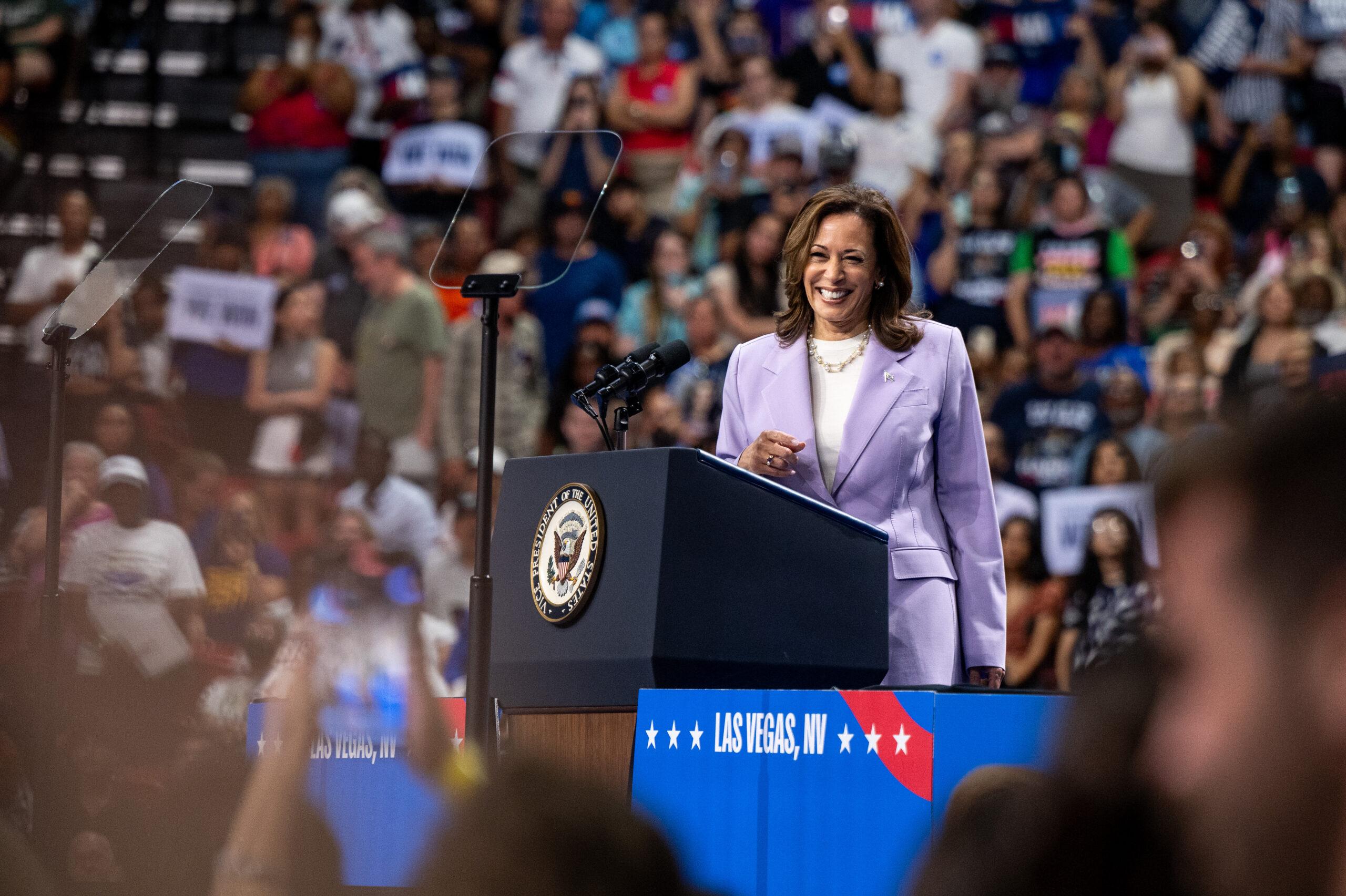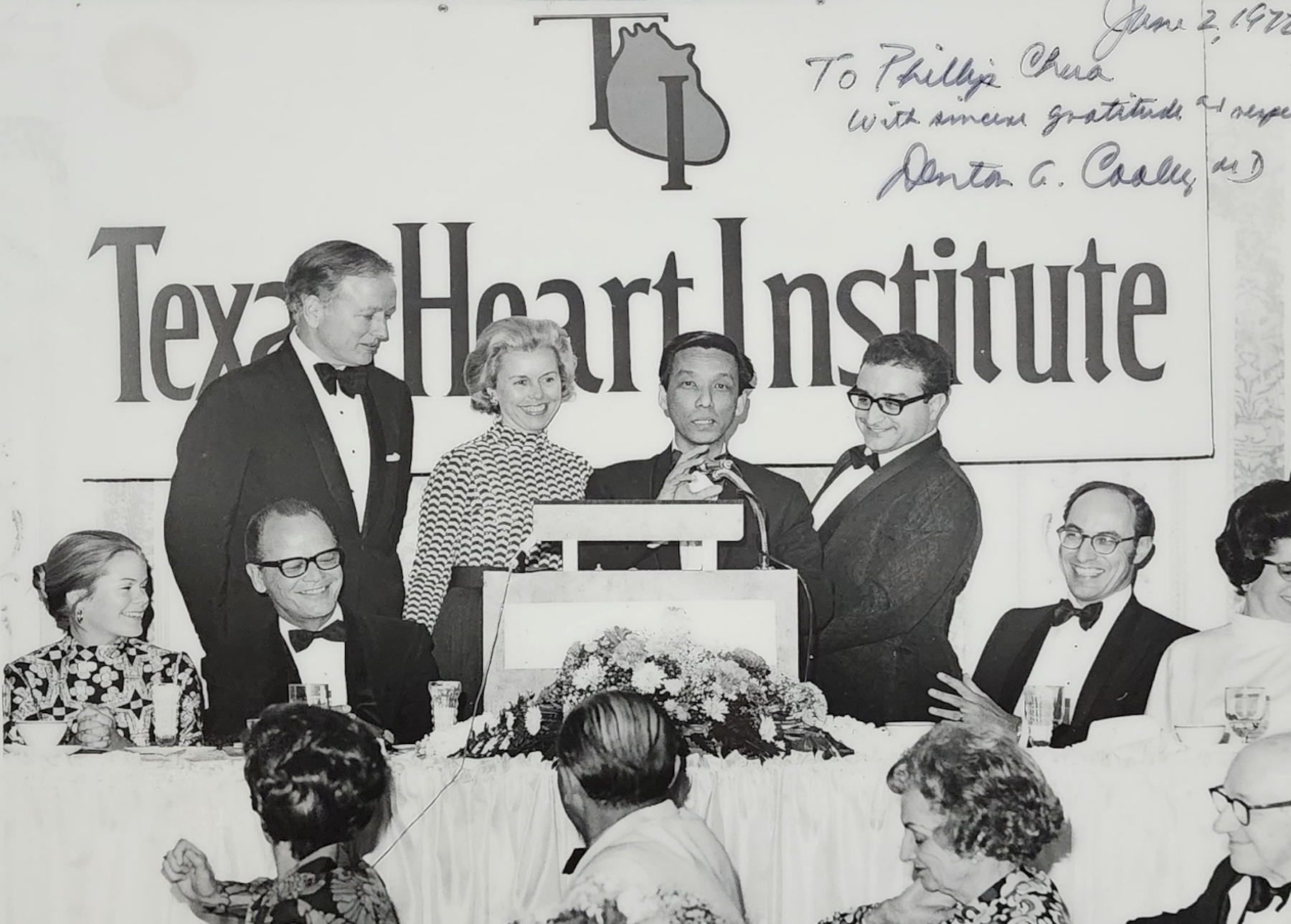IN honor of Earth Day last Friday, April 22, international political, business and civil society leaders from 175 countries gathered at the United National Headquarters in New York for the historic signing of the Paris Climate Agreement, a global initiative to ensure a sustainable future for billions of people around the world through climate action.
“Today is a historic day,” Secretary-General Ban Ki-moon Ban told reporters following the opening ceremony of the signing event. “This is by far the largest number of countries ever to sign an international agreement on a single day.”
The Paris Climate Agreement will give way to a global economy that will be powered by low-carbon, climate-smart growth. It has already begun to impact private sector operations and investments, demonstrating that climate action can improve performance, leverage new market opportunities, and be a gateway to growth and innovation.
“In Paris, there were also four initiatives that were launched: the International Solar Energy Alliance, the development plan for renewable energy, the innovation mission with President Obama, and finally the high-level coalition to set a price for fossil fuels and coal,” French President Francois Hollande said as he vowed to make France a role model in implementing the contents of the Agreement.
The Paris Climate Agreement will come into force once 55 countries responsible for 55 percent of the world’s greenhouse gases have ratified it, including the world’s top polluters, the US and China. Altogether, the 175 signatories account for 93 percent of global greenhouse gases, according to the World Resource Institute.
It took years of negotiations before countries agreed to limit global temperature rise to well below 2 degrees Celsius, while pursuing efforts to keep temperature rise to 1.5 degrees. The Paris Agreement mandates regular meetings every five years, starting in 2018, to review progress, and to consider whether it is necessary to increase ambition.
Regarded as a poster child for climate change, the Philippines along with under-developed nations were also present during the signing to encourage governments to keep the promises they gave in Paris.
Sen. Loren Legarda, Champion for Resilience of the UN Office for Disaster Risk Reduction (UNISDR), led the Philippine delegation in calling on nations to immediately ratify the Agreement and stressed the need to target the more ambitious but safer 1.5 degrees Celsius warming limit.
“The 1.5 degrees Celsius warming limit should not just be an aspiration; we must do everything not to go beyond that, because the 1.5 degrees Celsius goal is a matter of survival. We have already breached the 1 degree Celsius mark and look at what has happened to vulnerable nations like the Philippines,” Legarda said.
Legarda explained how the Philippines, one of the countries most vulnerable to climate change, has been affected by extreme weather events caused by the warming climate. Typhoon Ketsana in 2009 ate up 2.7 percent of the country’s GDP; while the country has yet to fully recover from the damage and effects of the November 2013 Supertyphoon Haiyan. At present, farmers and farming communities have been suffering from the drought caused by the extended El Niño affecting the Philippines.
Following the historic signing, the world must now embrace this broader challenge and step up efforts to combat climate change. This problem is multi-faceted and its mitigation will require action from multiple fronts.
We are not oblivious to the advent of climate change. While we cannot undo the damages done, we are still capable of decelerating the rate of the effects of climate change and produce a desirable future for the planet altogether. Every one is simply responsible. (AJPress)
- CITY OF CARSON CELEBRATES KEY ROLE IN HOSTING THE 2028 OLYMPIC AND PARALYMPIC GAMES WITH HISTORIC VENUE UPDATES AND MAJOR SPORTS RELOCATION
- Filipino Food Month: Celebrating Culture, Identity, and Global Flavor in April
- Consul General Ferrer Lauds Opening of New Bayanihan Equity Center Building at SF’S SOMA Pilipinas District
- PH Consulate Joins PhilDev in Advocating for Young Filipinos in STEM
Back To Top




